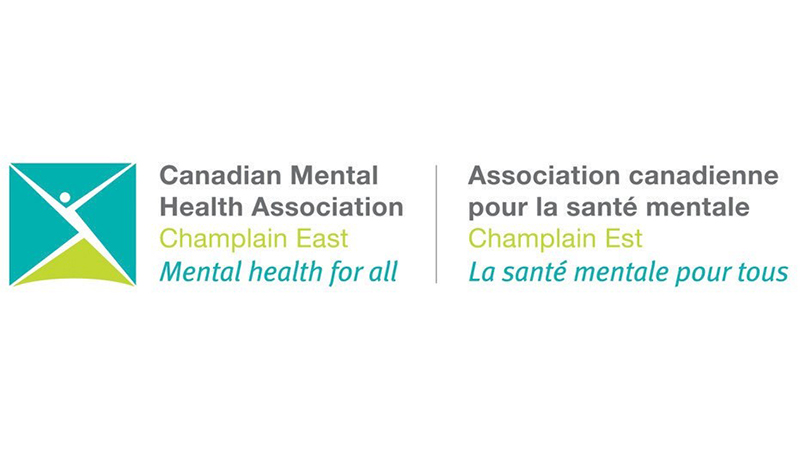Submitted by Canadian Mental Health Association Champlain East
CORNWALL – Suicide is a difficult subject to talk about. However, when someone talks about suicide or mentions that they are worried about someone close to them, it is important to act and get help quickly.
What is suicide?
Suicide means that someone ends their life on purpose. It is important to know that people who die by suicide or attempt suicide do not necessarily want to die. However, they think that suicide is the only solution to deal with difficult feelings or situations.
Who is affected?
The World Health Organization estimates that about 700,000 people take their own lives every year and many more attempt to do so. In Canada, an average of 11 people die by suicide every day, bringing the annual total to about 4,000. Suicide is the second leading cause of death among Canadians between the ages of 15 and 24 (the first cause is accidents and preventable injuries).
Suicide is a serious problem, which is why mental health professionals celebrated when World Suicide Prevention Day was established in 2003. It is now celebrated every year on Sept. 10. They emphasize that suicide can be prevented with better awareness of the problem and intervention.
Help is available
Once you have identified a person in distress, you can take steps to prevent suicide. To begin with, you should ask the person directly if they are thinking about suicide. Talking about suicide will not make them think about taking their life. But if they are seriously thinking about it, they may be relieved to talk to you about it. Find out if they have a plan in place, and then listen to them in an empathetic and non-judgmental way. Don’t minimize their feelings and don’t be sworn to secrecy. In fact, you should get support from family and friends and seek professional help if necessary. If they have a plan and are thinking of carrying it out soon, it is important to contact crisis intervention or support services.
A family physician can help, as can a mental health professional. When suicide appears imminent, a visit to a hospital emergency room can be a life-saving intervention. There is also a mental health crisis line you can call at 1-866-996-0991. Stay with this person while you call and do not leave until the crisis line staff tells you that you can. Listening and helping this person connect with mental health services are the two most important things you can do to help.
If you have identified a person at risk of suicide and need guidance on how to help them, you can sign up for a training program offered by LivingWorks, an Alberta-based social enterprise. You can also check out the resources offered by the Suicide Prevention Coalition of Champlain East.
Do you need more help?
Contact a community organization like the Canadian Mental Health Association to learn more about support and resources in your area.
The information provided is not a substitute for professional advice. If you need advice, please consult a qualified health care professional. For further information or if you want to access our services at CMHA, please call 1-800-493-8271 or visit our web site at www.cmha-east.on.ca.
The location for CMHA is 329 rue Pitt Street, Cornwall, ON K6J 3R1









